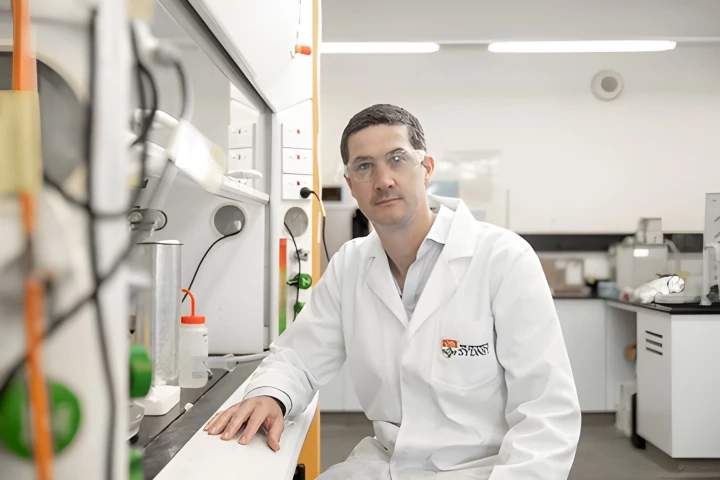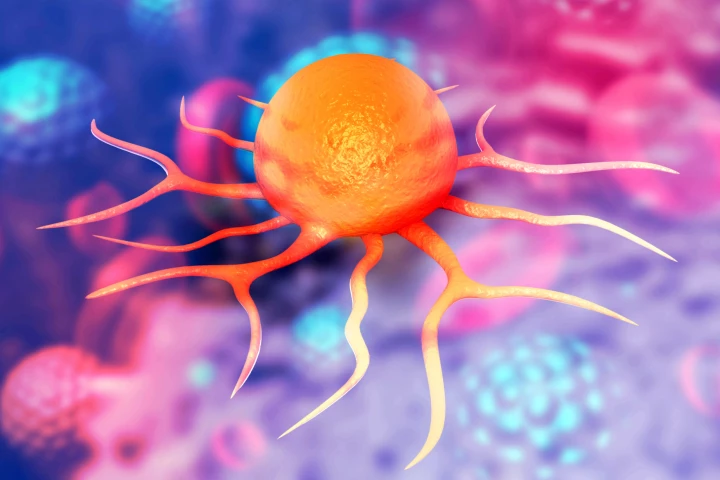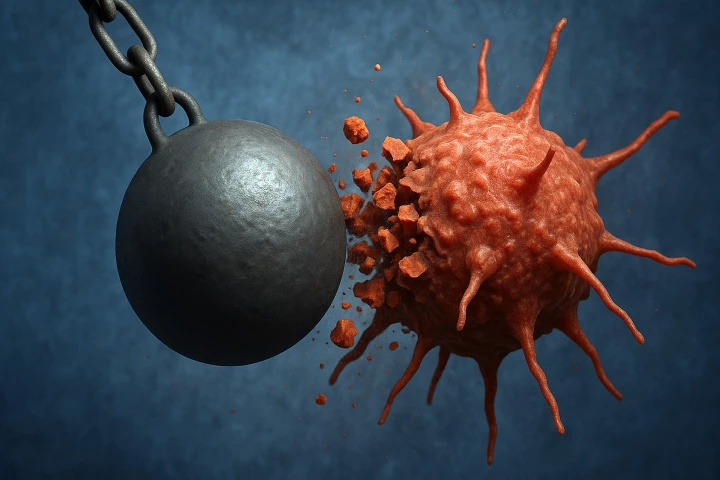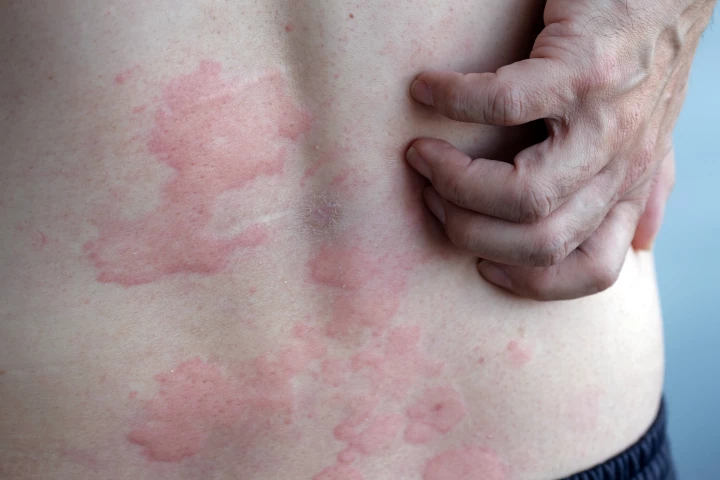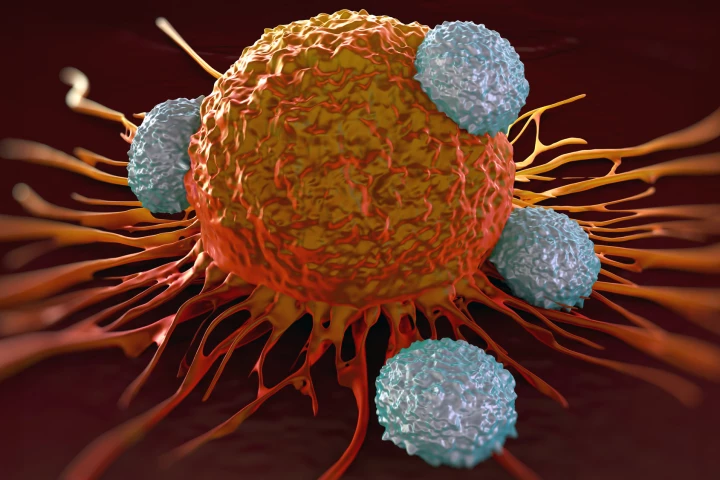Immunotherapy
-
Researchers have discovered a certain kind of sugar that is only found on the surface of bacteria. Targeting it could lead to an entirely new class of immunotherapeutic drugs designed to target and eliminate at least one deadly, drug-resistant bug.
-
Getting a COVID shot might do more than protect against the virus – it could also help cancer patients live longer. A new study found that mRNA vaccines were linked to a doubling in three-year survival for those on immunotherapy.
-
In a world-first breakthrough, scientists have discovered how a sugary “cloak” helps bowel cancer hide from the immune system, and how stripping it away could turn the body’s anti-cancer defenses back on.
-
In a groundbreaking study, a healthy fatty acid in olive oil has been found to "supercharge" immune cells that fight cancer. Meanwhile, another kind of natural fat undermines the health of the same cells, killing them off and triggering inflammation.
-
A next-generation cancer vaccine has shown stunning results in mice, preventing up to 88% of aggressive and difficult-to-treat cancers by harnessing dual-pathway nanoparticles that train the immune system to recognize and destroy tumor cells.
-
A once-daily pill for ulcerative colitis has delivered strong results in a clinical trial, easing symptoms even in patients for whom other treatments had failed and raising hopes for a safer, more effective therapy for a condition that affects millions.
-
New research shows lymph nodes aren’t just cancer bystanders, they’re the command centers fueling immune attacks. Surgically removing them along with tumors may weaken treatment, while preserving them could supercharge it.
-
A new breakthrough removes the dangers involved in a process called STING, in which the body's own immune system can be enlisted to fight cancer. The finding clears the way for a powerful, and safe, weapon against tumors.
-
A carotenoid widely available in fruit and vegetables, and as a supplement, has been found to bolster the cancer-killing capacity of immune cells. It could be a valuable ally in immunotherapy treatment, helping to shrink tumors more effectively.
-
A new nanoparticle drug has shown preclinical promise in both preventing rheumatoid arthritis and reducing painful flare-ups, offering hope for a targeted, steroid-sparing treatment that calms the immune system without widespread suppression.
-
A massive global study has ranked the best and safest treatments for chronic hives when antihistamines fall short. The findings provide a clear treatment roadmap for both patients and clinicians alike.
-
Scientists have created a hydrogel “rest stop” that shields cancer-fighting T cells, delaying their exhaustion and boosting their killing power. The game-changing strategy could supercharge immunotherapy, giving T cells time to regroup and hit harder.
Load More
